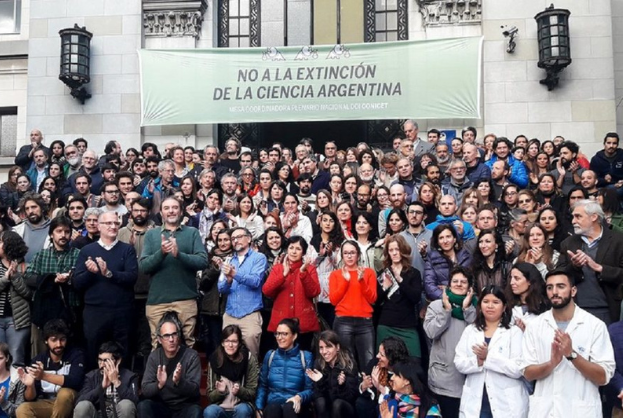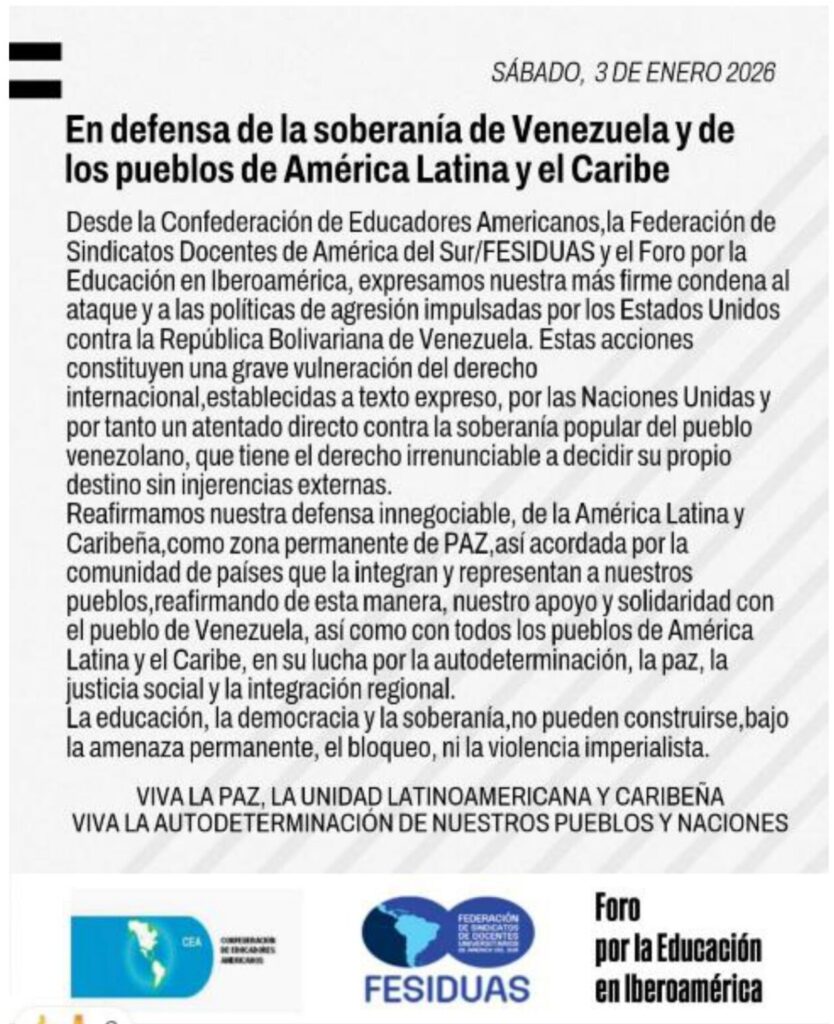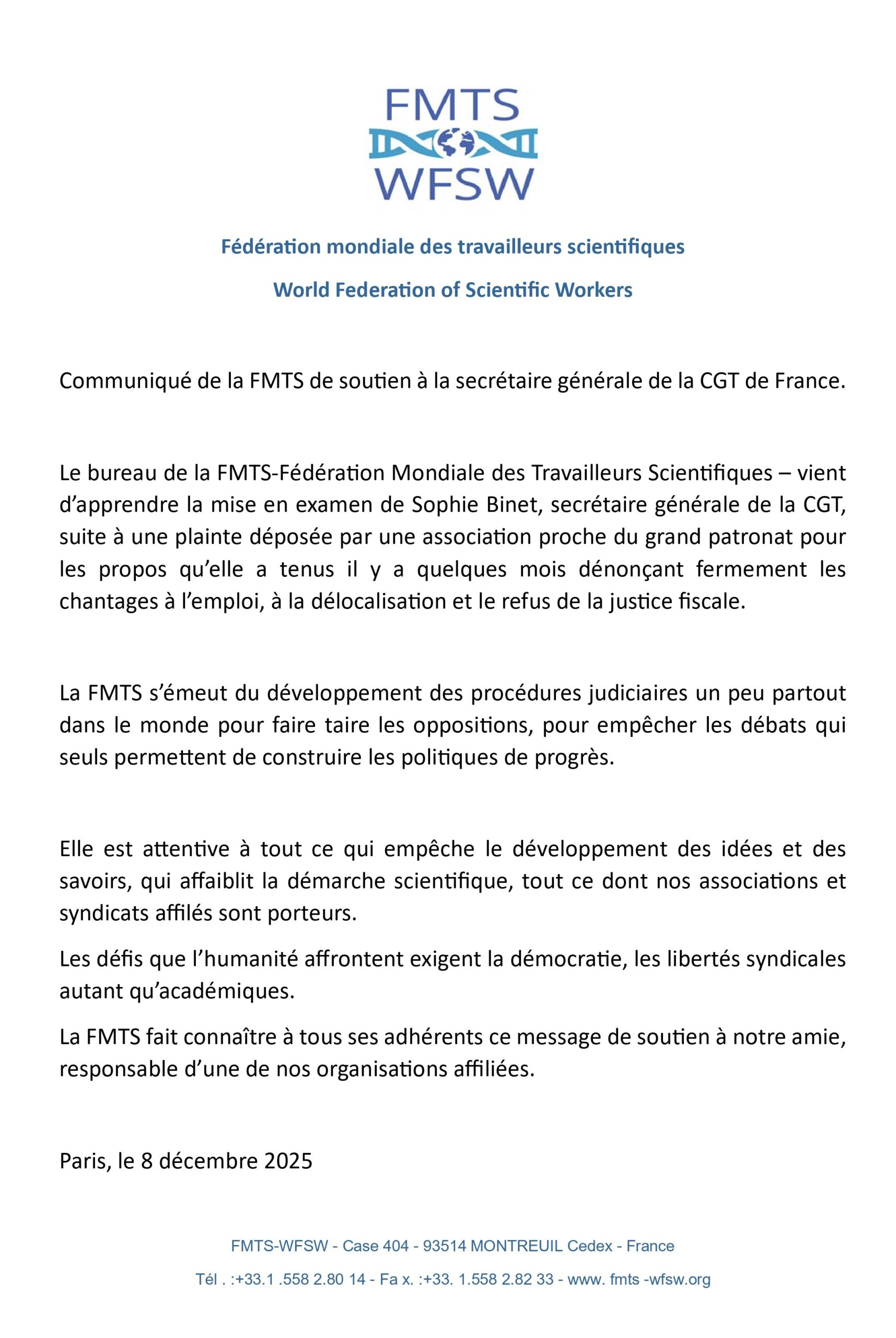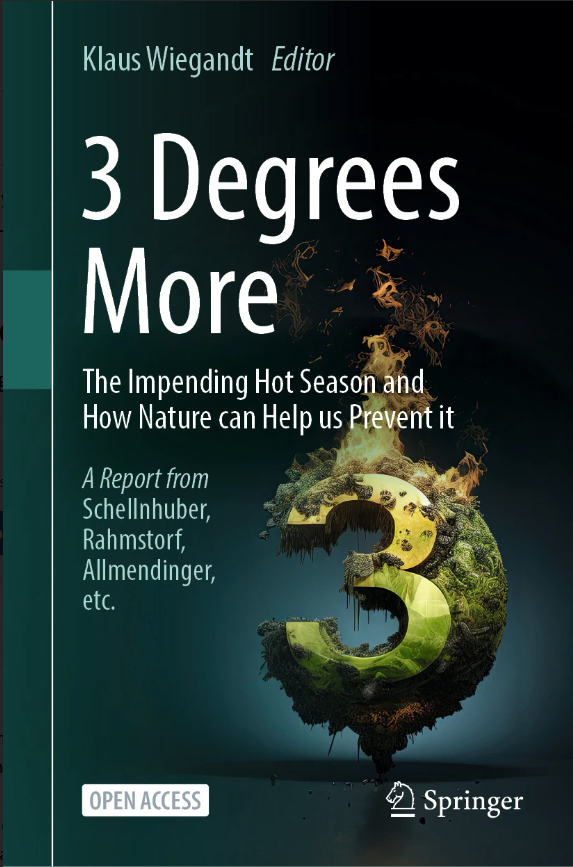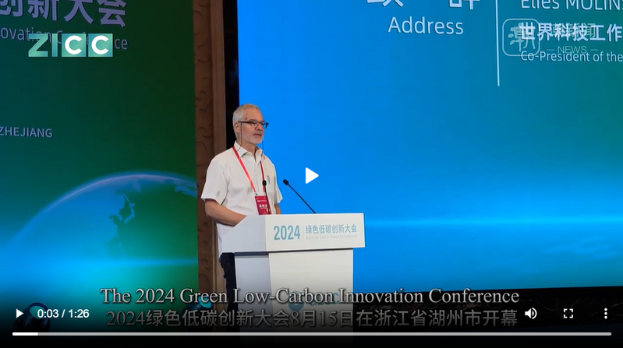Science funding: protest letter to Javier Milei
Nobel laureates urge Argentina’s new president to reverse science cuts
To:
Mr. President of the Argentine Republic, Javier Milei
Mr. Chief of the Ministries’ Cabinet, Nicolás Posse
Mr. President of CONICET, Dr. Daniel Salamone
Honorable Senators and Deputies of the National Congress
We are writing to you out of respect and deep concern. We watch as the Argentinian system of science and technology approaches a dangerous precipice, and despair at the consequences that this situation could have for both the Argentine people and the world. We see with concern the elimination of the Ministry of Science and Technology, the dismissal of administrative employees of CONICET and other institutes throughout the country, and the early termination of many contracts next month. We fear that Argentina is giving up on its scientists and its students of science. We worry that the dramatic devaluation of the budgets for CONICET and the National Universities reflects not only a dramatic devaluation of Argentinian science but also a devaluation of the Argentinian people and the future of Argentina.
As international scientists, many of us have witnessed the transformative contributions of Argentinian science. Were it not for Argentinian science and scientists, the causes of lung cancer and diabetes would have remained a mystery for decades longer. Were it not for Argentinian science and scientists, we would lack the knowledge and technology that allows a country with modest rainfall to feed both its own people and much of the world. Were it not for Argentinian science and scientists, we would lack key elements of our understanding of the workings of the Universe from the workings of a simple virus to the workings of an atom. As citizens of the world, we benefit from this legacy. We benefit from our still imperfect but sometimes life-saving ability to diagnose and treat cancer. We benefit from the advances in agriculture and from the foods produced by the Argentinian landscape. We see the many remarkable advances that have come to Argentina through the history and tradition of Argentinian science and technology. Where would Argentina – and the world — be without this rich and important history.
Devaluing and/or cancelling Argentinian science now would be a grave mistake. The world has many problems, and any modern economy like that of Argentina must be able both to generate new technologies focused on local problems and apply technologies generated by others in a new local context to solve local problems. We believe in the ideal that countries investing in new science will share their technologies and their benefits, but we would be naive not to understand that any country’s relying solely on this community spirit will quickly lose its economic independence. Some issues, opportunities, and solutions are global, and perhaps relying on the knowledge and efforts of others can work in those cases. But many issues, opportunities, and solutions are local, regional, or national, or local, and there should be no expectation that investments and investors from other nations will provide the knowledge and resources need to address such issues. Without an infrastructure for science a country descends into helplessness and vulnerability, neither developing its own technology to move forward nor training the individuals or developing the infrastructure needed to the scientific and technological knowledge of others to regional, national, and local problems. Where would such a situation leave Argentina?
We write with the perspective that Argentina has a remarkable scientific foundation on which to build if the will is there. Argentina is the only country in the region that has developed its own Covid-19 vaccine, built and launched communication satellites, and designed and built next-generation nuclear reactors that not only have been exported but that will generate a domestic supply of radioisotopes for crucial medical use. A new proton-therapy laboratory, unique in the Southern Hemisphere, is soon to be inaugurated. A multinational project led by Argentinian scientists of the National Commission of Atomic Energy (CNEA) has installed the powerful QUBIC radio telescope at an altitude of 5,000 meters in the Puna, in Salta. This telescope will explore the first milliseconds of the universe immediately after the Big Bang. Argentina ranks 10th in the world for the number of biotechnology companies, a striking achievement that promises great advances in medicine and agriculture. Using genetic engineering, a publicly funded group has developed successful genetic variants of wheat that are resistant to drought, thus expanding the cultivation frontiers of essential crops. Scientists of Argentina excel in many areas, including geology, paleontology, biochemistry, molecular biology, immunology, ecology, physics, archaeology and environmental, atmospheric and social studies.
All these advances have been the consequence of governmental support for basic research. Economic and social progress in modern societies, and the creation of wealth from a country’s natural resources are tightly linked to strong public investment in science and technology.
For these reasons, we respectfully urge you to restore the budgets from the restrictions recently imposed on the all-important science and technology sector of your country. Freezing research programs and decreasing the number of graduate trainees and young investigators will cause the destruction of a system that took many years to build, and that would take many, many more to rebuild.
Sincerely,
68 Nobel Laureates
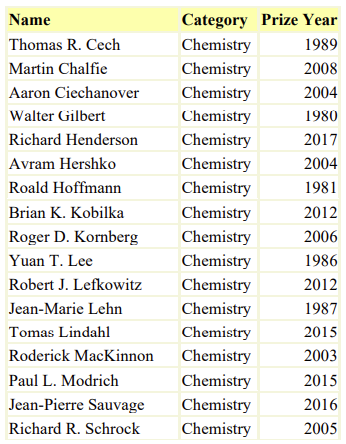
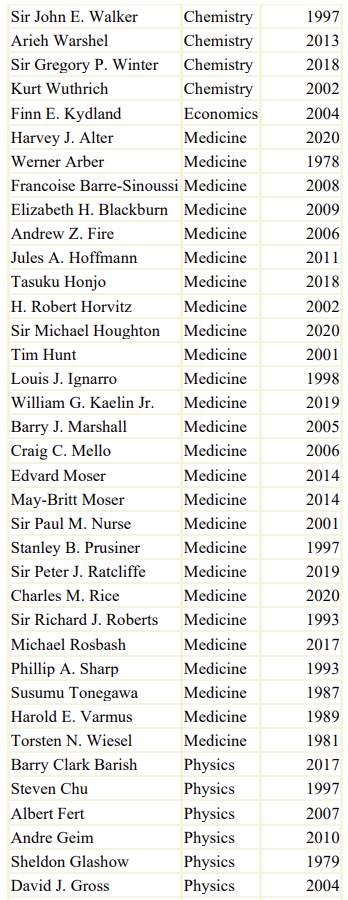
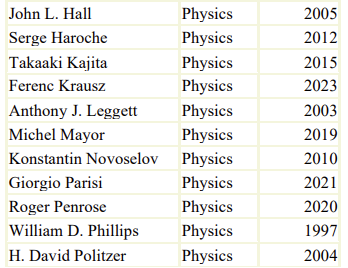

______________________________
Pdf document (English): Letter_Javier Milei
Documento pdf (versión española): Carta a Javier Milei _ Versión española
Portuguese version: https://otc.pt/wp/?p=10917

